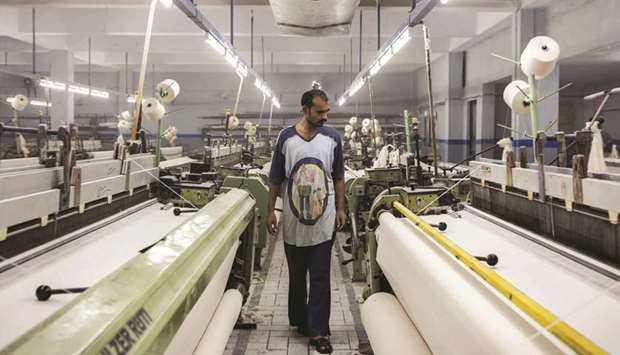A new World Bank policy brief on the tourism sector of South Asia estimates that the potential loss to Pakistan’s gross domestic product (GDP) due to the impact of Covid-19 pandemic would be $3.64bn, while Khyber Pakhtunkhwa province is likely to suffer $10mn to $20mn in losses.
The policy brief, ‘Covid-19 and Tourism in South Asia’, further estimates that the impact of coronavirus outbreak has put at risk 880,000 jobs in the tourism sector of Pakistan.
The highest impact of Covid-19 pandemic is on India which faces a potential loss of $43.4bn to the GDP, followed by Nepal with potential loss of $460mn and the Maldives $700mn to the GDP.
A summary of Covid-19 tourism response activities by the Pakistan government lists cash grant or subsidies, tax rebates/relief/extension, fee/bills waivers, tourism communications or crisis task force, support for industry to address contamination, repurpose tourism assets for crisis operations, national carriers waiving cancellation fees and maintain cargo operations of national carriers.
Statistics in the World Bank brief show that the domestic spending percentage of the whole economy GDP in Pakistan on tourism is 4.09%, while the percentage of flow of South Asia intra regional visitors placed Pakistan at 3.25%.
Highest 63.94% is of India, followed by Bangladesh 13.02%, Sri Lanka 11.19%, Nepal 6.22%, the Maldives 2.37% and Bhutan 0.01%. The World Bank policy brief says South Asia is highly dependent on travel and tourism, especially as a generator of jobs – 47.7mn jobs were created in 2019.
With fewer economic options, the Maldives archipelago is particularly dependent on tourism, while other South Asian regional countries have more diversified sources of the GDP, including agriculture and remittances. The report says that the impacts of the pandemic will likely mute the demand for travel and tourism services for at least six to nine months, and recovery will likely take twice this time.
Domestic tourism and drive-to-markets are likely to be the first to recover, and intra regional travel between “Covid-19 safe zones” is likely to be the next markets that rebound after domestic travel.
The pandemic is affecting nearly 47.7mn travel and tourism jobs across South Asia, many held by women and vulnerable communities working in the informal sector. Losses of over $50bn in gross domestic product in the region are expected in the travel and tourism sector alone as a result of the crisis.

A worker inspects fabric on looms at a textile manufacturer in Karachi. Statistics in the World Bank brief show that the domestic spending percentage of the whole economy GDP in Pakistan on tourism is 4.09%, while the percentage of flow of South Asia intra regional visitors placed Pakistan at 3.25%.
